Stay Ahead of Trouble: The Importance of Annual Plumbing Inspections
When it comes to home maintenance, plumbing rarely receives the attention it deserves—until something goes wrong. A dripping faucet or a slow-draining sink may seem minor, but these small issues can quickly snowball into costly problems. That’s why annual plumbing inspections play such a vital role in preserving the integrity and functionality of your home. They help spot potential hazards early, extend the life of your plumbing system, and save money in the long run. This proactive approach is more than just a preventive measure; it’s a smart investment in your home’s health and safety.
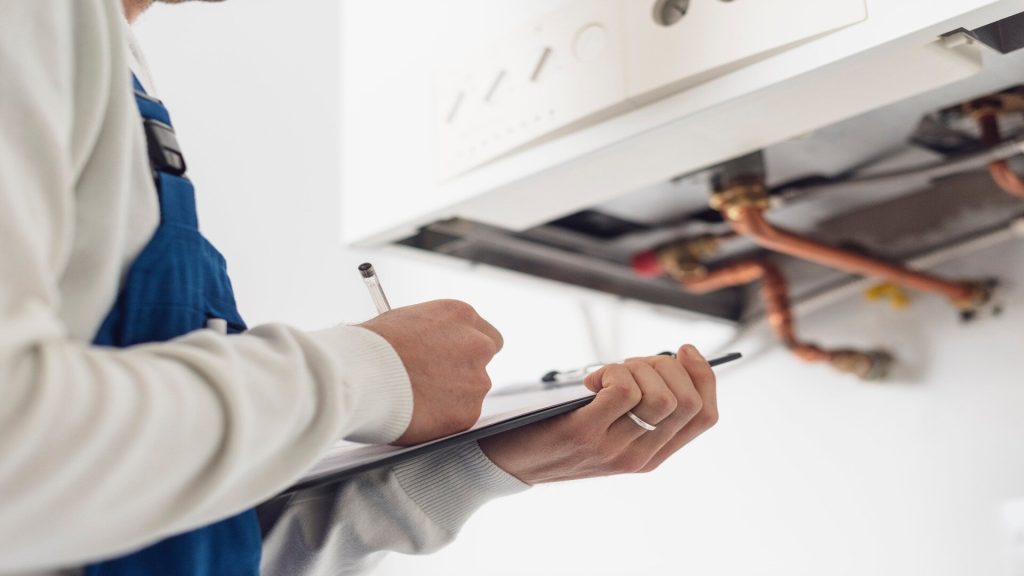
Spotting Problems Before They Escalate
One of the biggest advantages of regular plumbing inspections is the early detection of issues. From hidden leaks to slow-forming clogs, many plumbing problems develop quietly over time. You may not notice a pinhole leak behind a wall, but during an inspection, a professional plumber can identify subtle signs like damp spots, corrosion, or changes in water pressure. Catching these problems early can prevent water damage, mold growth, and structural issues that could otherwise go unnoticed until they become emergencies. Annual inspections give homeowners the opportunity to address these concerns while they’re still manageable and relatively inexpensive to fix.
Preventing Water Damage and Mold
Plumbing-related water damage can be devastating. Even a small leak, if left unattended, can lead to warped flooring, stained ceilings, and crumbling drywall. Worse yet, excess moisture from plumbing issues can foster mold and mildew growth, posing serious health risks to those living in the home. Annual inspections help ensure that all pipes, joints, and fixtures are intact and functioning as they should. During an inspection, professionals not only look for leaks but also check the condition of seals, valves, and drainage systems to ensure nothing is allowing moisture to escape. This thorough approach minimizes the risk of undetected water damage and keeps mold at bay.
Improving Efficiency and Reducing Utility Bills
An often-overlooked benefit of annual plumbing inspections is their potential to improve household efficiency. A well-maintained plumbing system uses less water and energy, which translates into lower utility bills. For example, undetected leaks in faucets or toilets can waste thousands of gallons of water annually. If your water heater is overworking due to sediment buildup, it might be using more energy than necessary to maintain a steady temperature. Regular inspections can identify these inefficiencies and offer solutions, whether it’s repairing a leak, cleaning the water heater, or upgrading to low-flow fixtures. The result is a more sustainable and cost-effective household.
Maintaining Water Pressure and Flow
Consistent water pressure is something many homeowners take for granted—until it suddenly drops. Poor water pressure can be caused by various issues, from clogged pipes to hidden leaks or corroded plumbing lines. Annual inspections help pinpoint the root cause of inconsistent water pressure before it becomes a major inconvenience. Professionals use diagnostic tools to measure pressure levels and check for obstructions or narrowing within the pipes. By resolving these problems early, you can continue enjoying steady and reliable water flow throughout your home without disruption.
Extending the Lifespan of Plumbing Components
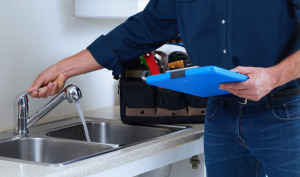 Like any other part of your home, your plumbing system has a finite lifespan. Pipes corrode, joints wear out, and seals degrade over time. Without routine inspections, these aging components are often overlooked until a major breakdown occurs. Annual plumbing inspections offer the chance to evaluate the condition of each part of the system and replace components before they fail. This not only helps prevent emergencies but also extends the overall lifespan of your plumbing network. With proper care and timely upgrades, your pipes, fixtures, and appliances can last much longer than if they were left unchecked.
Like any other part of your home, your plumbing system has a finite lifespan. Pipes corrode, joints wear out, and seals degrade over time. Without routine inspections, these aging components are often overlooked until a major breakdown occurs. Annual plumbing inspections offer the chance to evaluate the condition of each part of the system and replace components before they fail. This not only helps prevent emergencies but also extends the overall lifespan of your plumbing network. With proper care and timely upgrades, your pipes, fixtures, and appliances can last much longer than if they were left unchecked.
Ensuring Safe Drinking Water
Clean and safe drinking water is a non-negotiable necessity in any household. Plumbing inspections play a critical role in maintaining water quality by ensuring there are no contaminants entering your water supply. Over time, corroded pipes can leach harmful metals, and cross-connections between potable and non-potable water sources can occur. During inspections, plumbers test for potential contaminants, check for backflow prevention, and confirm that water filters and softeners are functioning correctly. This oversight ensures your family continues to have access to fresh, safe drinking water every day.
Meeting Insurance and Legal Requirements
Many homeowners are unaware that some home insurance policies may include stipulations related to plumbing maintenance. In the event of a plumbing-related claim, insurers may require proof of regular inspections or maintenance. Failure to provide this could potentially impact your ability to receive compensation for damages. In some cases, especially in rental properties or commercial buildings, local regulations may also mandate regular plumbing inspections. Keeping up with annual checks ensures you’re in compliance with any relevant rules and reduces liability in case of accidents or water damage.
Preparing for Seasonal Changes
Different seasons bring different challenges for plumbing systems. In colder climates, winter can cause pipes to freeze and burst, while warmer months may bring heavy rains that test your drainage systems. An annual inspection gives plumbers the opportunity to prepare your home for upcoming weather conditions. They can insulate vulnerable pipes, clean out storm drains, and verify that sump pumps are working efficiently. These seasonal preparations are crucial for preventing emergencies tied to weather shifts and ensuring your home remains comfortable and functional year-round.
Protecting the Value of Your Property
Plumbing is one of the foundational systems that contribute to a home’s overall value. Potential buyers often pay close attention to the condition of plumbing when considering a property. A well-maintained system is a selling point that reflects positively on the home’s general upkeep. On the other hand, signs of neglect—such as outdated pipes, water stains, or musty smells—can raise red flags and reduce property value. Documented proof of annual plumbing inspections offers peace of mind to buyers and can serve as a key differentiator in a competitive real estate market.
Supporting Eco-Friendly Living
Today’s homeowners are increasingly aware of their environmental impact, and plumbing plays a direct role in resource conservation. An annual inspection supports eco-friendly living by identifying water waste and suggesting sustainable alternatives. Whether it’s upgrading to water-saving appliances or detecting a leak that’s silently wasting hundreds of gallons, a plumbing professional can help you make informed decisions that reduce your ecological footprint. The combination of saving water, reducing energy consumption, and lowering waste aligns perfectly with modern sustainability goals.
Reassurance and Peace of Mind
 Knowing that your plumbing system has been professionally inspected and is in top shape offers peace of mind that can’t be overstated. Instead of waiting for something to break and reacting under pressure, you get the confidence of knowing that your home is well cared for. Plumbing emergencies often strike at the most inconvenient times and can be both disruptive and expensive. Regular inspections shift your mindset from reactive to proactive, ensuring your comfort and minimizing stress in the long run.
Knowing that your plumbing system has been professionally inspected and is in top shape offers peace of mind that can’t be overstated. Instead of waiting for something to break and reacting under pressure, you get the confidence of knowing that your home is well cared for. Plumbing emergencies often strike at the most inconvenient times and can be both disruptive and expensive. Regular inspections shift your mindset from reactive to proactive, ensuring your comfort and minimizing stress in the long run.
Encouraging Responsible Homeownership
Annual plumbing inspections are not just about pipes and fixtures—they represent a commitment to responsible homeownership. Taking the initiative to schedule these inspections demonstrates a level of care and attentiveness that benefits not only the homeowner but also the community. Well-maintained plumbing reduces the risk of water waste and contamination, ultimately contributing to more sustainable neighborhoods. It also fosters stronger relationships with trusted service providers who understand the unique needs of your home and can provide timely advice or solutions when needed.
 Landscaping involves working with the top layer of a property—plants, soil, mulch, decorative elements—but just beneath the surface lies a complex web of pipes that provide water, remove waste, and support irrigation systems. One of the most crucial things to consider during any landscaping project is what’s beneath the soil. Tree roots, particularly from large species, have a natural tendency to seek out moisture, often leading them directly to underground plumbing pipes. Over time, these roots can infiltrate or wrap around pipes, causing cracks, blockages, and even bursts.
Landscaping involves working with the top layer of a property—plants, soil, mulch, decorative elements—but just beneath the surface lies a complex web of pipes that provide water, remove waste, and support irrigation systems. One of the most crucial things to consider during any landscaping project is what’s beneath the soil. Tree roots, particularly from large species, have a natural tendency to seek out moisture, often leading them directly to underground plumbing pipes. Over time, these roots can infiltrate or wrap around pipes, causing cracks, blockages, and even bursts.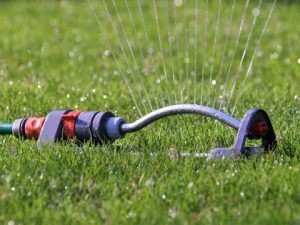 Heavy landscaping equipment, vehicles, or even repeated foot traffic can lead to soil compaction. Compacted soil is not only less hospitable for plants but can also place additional stress on plumbing systems beneath the surface. Sewer and water lines are designed to endure natural soil pressure, but excessive or uneven weight can cause them to shift or break.
Heavy landscaping equipment, vehicles, or even repeated foot traffic can lead to soil compaction. Compacted soil is not only less hospitable for plants but can also place additional stress on plumbing systems beneath the surface. Sewer and water lines are designed to endure natural soil pressure, but excessive or uneven weight can cause them to shift or break. Perhaps the most important factor in uniting landscaping and plumbing is communication. When landscaping designers, architects, and plumbers work together, the results are more seamless and sustainable. Joint planning ensures that aesthetic elements support rather than conflict with functional ones, creating outdoor spaces that are both beautiful and practical.
Perhaps the most important factor in uniting landscaping and plumbing is communication. When landscaping designers, architects, and plumbers work together, the results are more seamless and sustainable. Joint planning ensures that aesthetic elements support rather than conflict with functional ones, creating outdoor spaces that are both beautiful and practical.
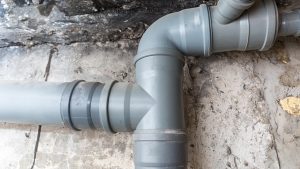 Despite advancements, the plumbing industry continues to face significant challenges in wastewater management. Aging infrastructure, especially in older cities, leads to frequent breakdowns, leaks, and inefficiencies. Many sewer systems are combined, meaning they carry both stormwater and sewage, which can result in overflow during heavy rains.
Despite advancements, the plumbing industry continues to face significant challenges in wastewater management. Aging infrastructure, especially in older cities, leads to frequent breakdowns, leaks, and inefficiencies. Many sewer systems are combined, meaning they carry both stormwater and sewage, which can result in overflow during heavy rains.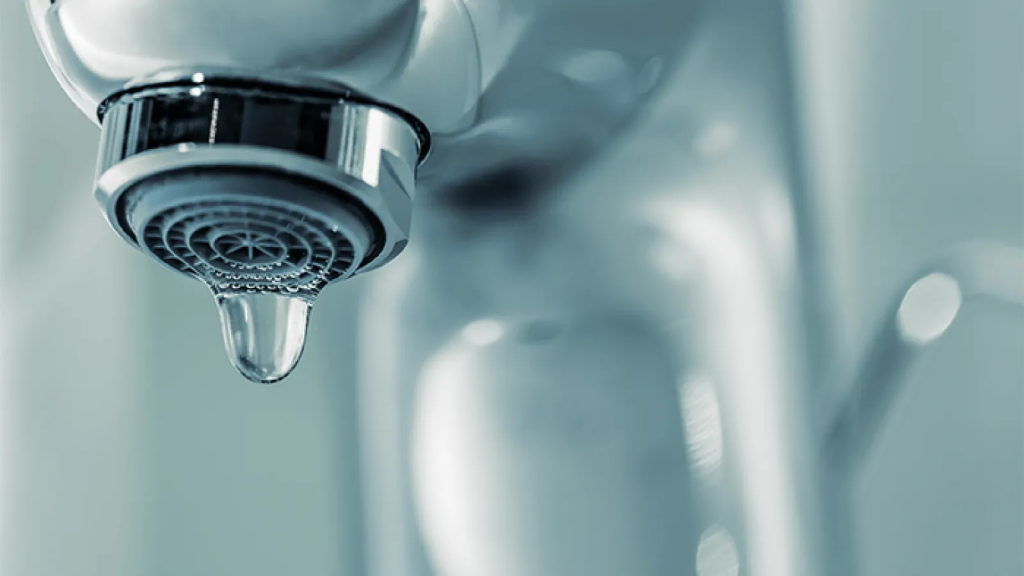
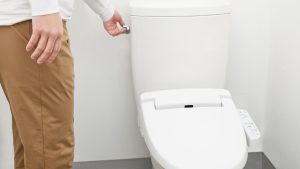 Toilets are among the largest water consumers in any household. Fortunately, modern high-efficiency toilets (HETs) have transformed how flushing systems operate. Dual-flush toilets offer two flush options—one for liquid waste and another for solid waste—allowing users to control water use depending on the situation. Pressure-assisted toilets use air pressure to boost flushing power with less water. These improvements significantly lower water usage per flush, making them an ideal choice for environmentally conscious homeowners.
Toilets are among the largest water consumers in any household. Fortunately, modern high-efficiency toilets (HETs) have transformed how flushing systems operate. Dual-flush toilets offer two flush options—one for liquid waste and another for solid waste—allowing users to control water use depending on the situation. Pressure-assisted toilets use air pressure to boost flushing power with less water. These improvements significantly lower water usage per flush, making them an ideal choice for environmentally conscious homeowners. In many areas, local governments and water authorities offer rebates or incentives for installing efficient plumbing fixtures. These programs are designed to encourage homeowners to make environmentally conscious upgrades. Participating in such programs can offset the cost of high-efficiency models and provide added motivation to switch. Checking with local utility companies or municipal offices can uncover valuable opportunities to save money while helping the community conserve resources.
In many areas, local governments and water authorities offer rebates or incentives for installing efficient plumbing fixtures. These programs are designed to encourage homeowners to make environmentally conscious upgrades. Participating in such programs can offset the cost of high-efficiency models and provide added motivation to switch. Checking with local utility companies or municipal offices can uncover valuable opportunities to save money while helping the community conserve resources. Copper has been a trusted plumbing material for decades. Its long-standing use in homes and businesses is largely due to its excellent durability and reliability. As a metal, copper is naturally resistant to bacterial growth, making it a hygienic option for water supply lines. It’s also capable of withstanding high water pressure and extreme heat, which makes it a suitable material for both hot and cold water lines.
Copper has been a trusted plumbing material for decades. Its long-standing use in homes and businesses is largely due to its excellent durability and reliability. As a metal, copper is naturally resistant to bacterial growth, making it a hygienic option for water supply lines. It’s also capable of withstanding high water pressure and extreme heat, which makes it a suitable material for both hot and cold water lines. The cost difference between copper and PVC is substantial. Copper’s higher price point can significantly increase the overall cost of a plumbing installation, particularly in large buildings or full-home renovations. The material itself is expensive, and the labor cost associated with copper installation is also higher due to the need for soldering and specialized tools.
The cost difference between copper and PVC is substantial. Copper’s higher price point can significantly increase the overall cost of a plumbing installation, particularly in large buildings or full-home renovations. The material itself is expensive, and the labor cost associated with copper installation is also higher due to the need for soldering and specialized tools.
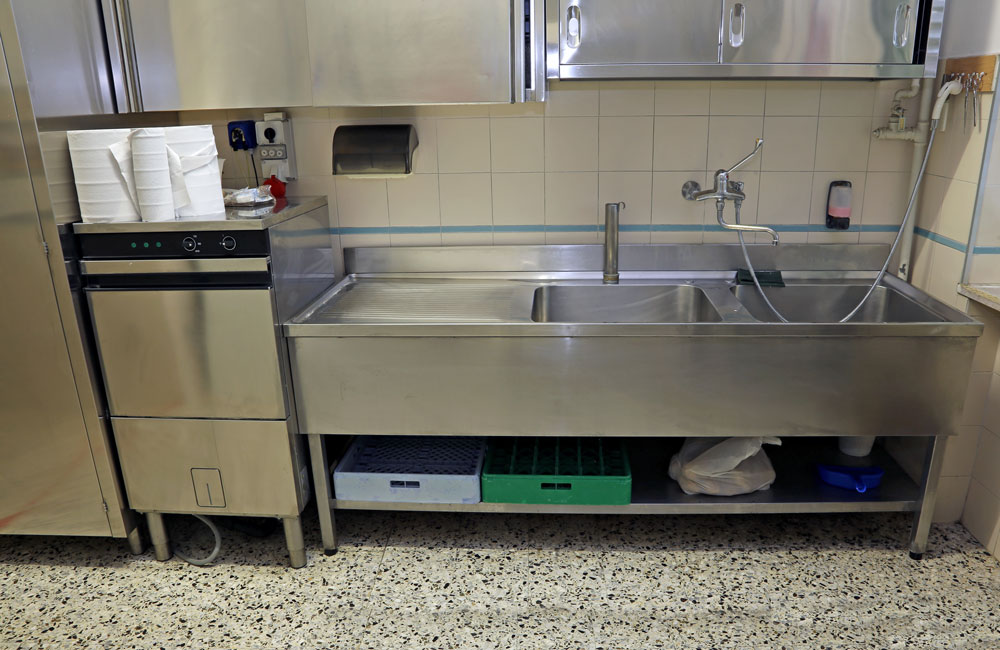 To appreciate the value of grease traps, it helps to understand how they function. Grease traps are plumbing devices installed between kitchen drains and the main sewer line. When wastewater flows from sinks and dishwashers, it carries food particles and grease with it. Inside the trap, the mixture slows down, allowing heavier solids to settle at the bottom while grease, being lighter than water, floats to the top. This separation process prevents the FOG from entering the main sewage system.
To appreciate the value of grease traps, it helps to understand how they function. Grease traps are plumbing devices installed between kitchen drains and the main sewer line. When wastewater flows from sinks and dishwashers, it carries food particles and grease with it. Inside the trap, the mixture slows down, allowing heavier solids to settle at the bottom while grease, being lighter than water, floats to the top. This separation process prevents the FOG from entering the main sewage system.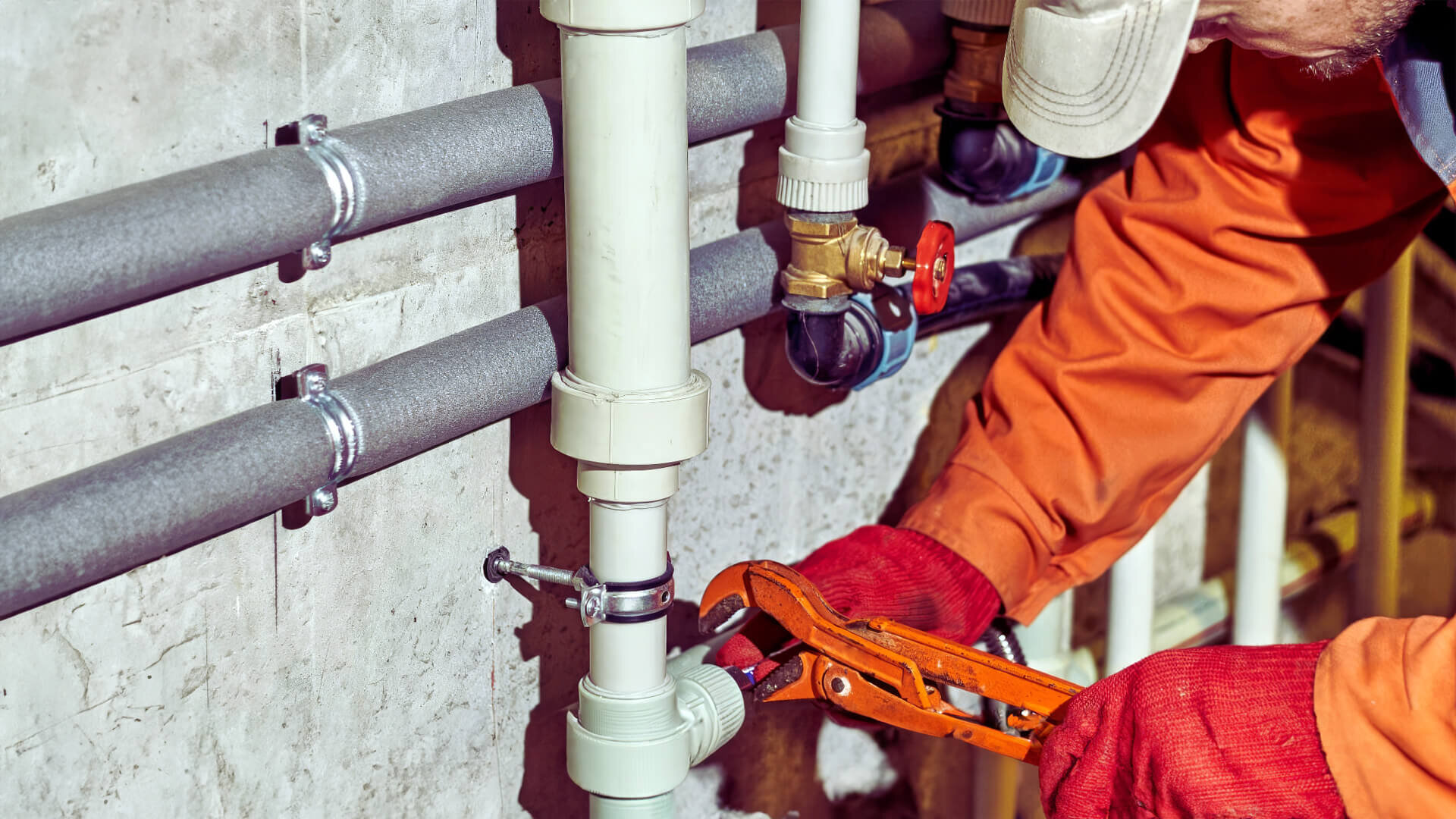 Commercial plumbing systems are a significant investment. Repairing or replacing pipes, pumps, and drains can be expensive and time-consuming. Grease traps offer a preventive measure that significantly extends the life of plumbing infrastructure.
Commercial plumbing systems are a significant investment. Repairing or replacing pipes, pumps, and drains can be expensive and time-consuming. Grease traps offer a preventive measure that significantly extends the life of plumbing infrastructure.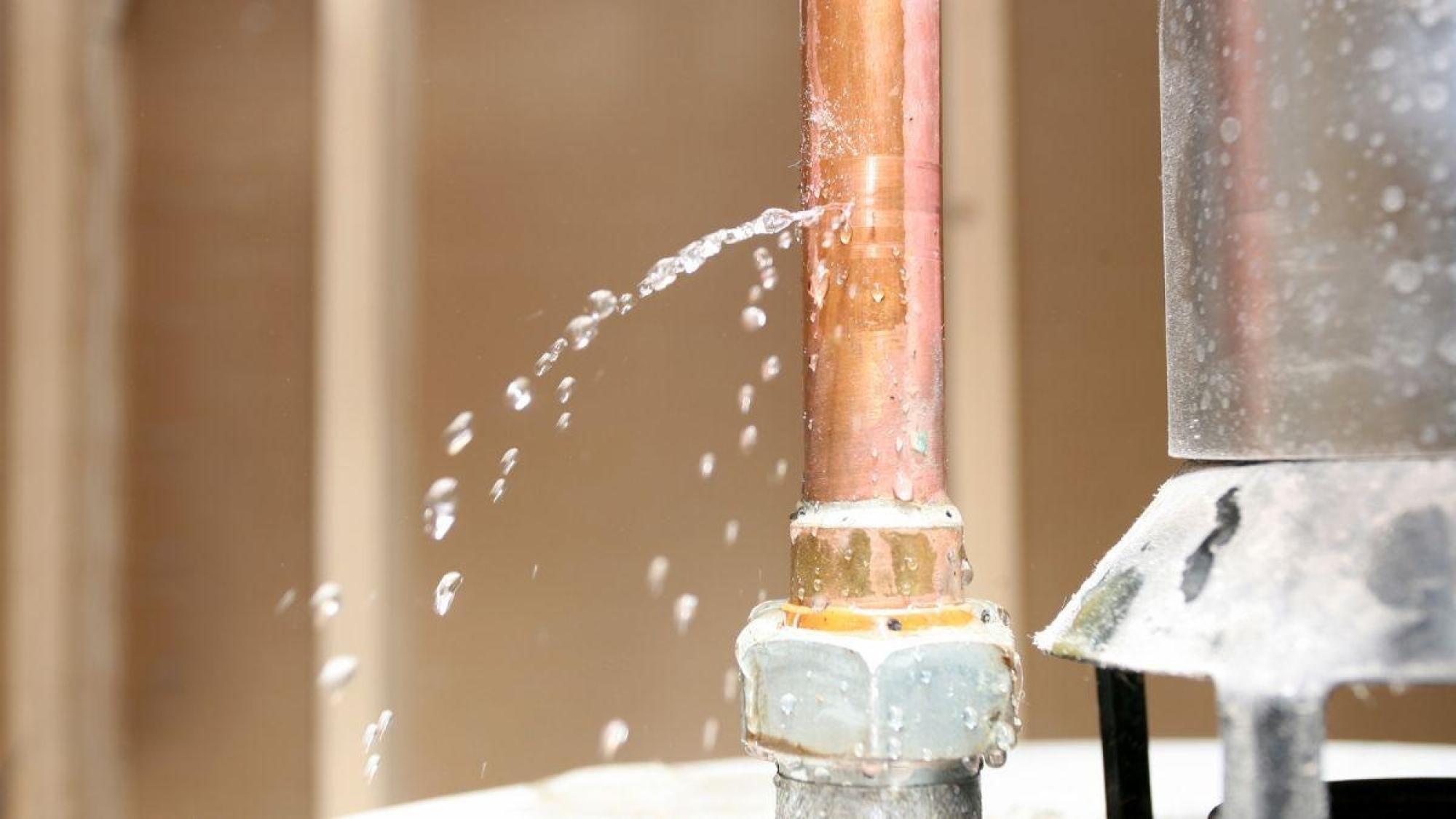 Water leaks are one of the most common plumbing issues, and they often go unnoticed until damage has already occurred. Leaky pipes can cause wood to rot, drywall to crumble, and insulation to lose its effectiveness. When water slowly seeps into unseen areas like behind walls or under floors, it creates an environment ripe for mold growth. Mold spores not only damage property but also pose significant respiratory health risks, especially to children and individuals with asthma or allergies.
Water leaks are one of the most common plumbing issues, and they often go unnoticed until damage has already occurred. Leaky pipes can cause wood to rot, drywall to crumble, and insulation to lose its effectiveness. When water slowly seeps into unseen areas like behind walls or under floors, it creates an environment ripe for mold growth. Mold spores not only damage property but also pose significant respiratory health risks, especially to children and individuals with asthma or allergies.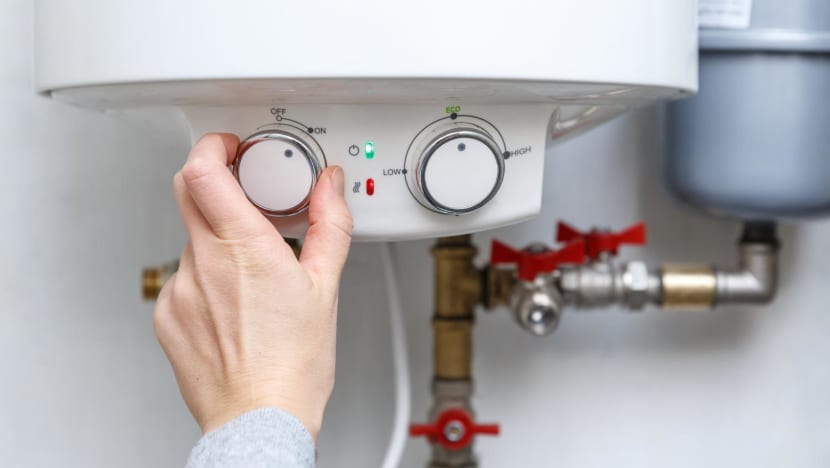 The water heater is another often-overlooked component of home plumbing that directly affects safety. Faulty water heaters can become ticking time bombs, especially if pressure relief valves are not functioning correctly. When pressure builds inside the tank and has no escape, the result can be an explosion or severe leak.
The water heater is another often-overlooked component of home plumbing that directly affects safety. Faulty water heaters can become ticking time bombs, especially if pressure relief valves are not functioning correctly. When pressure builds inside the tank and has no escape, the result can be an explosion or severe leak. Technology is also playing a growing role in plumbing safety. Today’s smart plumbing solutions can alert homeowners to leaks, monitor water usage, and even shut off the water supply in case of a detected issue. These systems are particularly useful in second homes or for homeowners who travel frequently, as they reduce the risk of returning to a flooded or damaged property.
Technology is also playing a growing role in plumbing safety. Today’s smart plumbing solutions can alert homeowners to leaks, monitor water usage, and even shut off the water supply in case of a detected issue. These systems are particularly useful in second homes or for homeowners who travel frequently, as they reduce the risk of returning to a flooded or damaged property.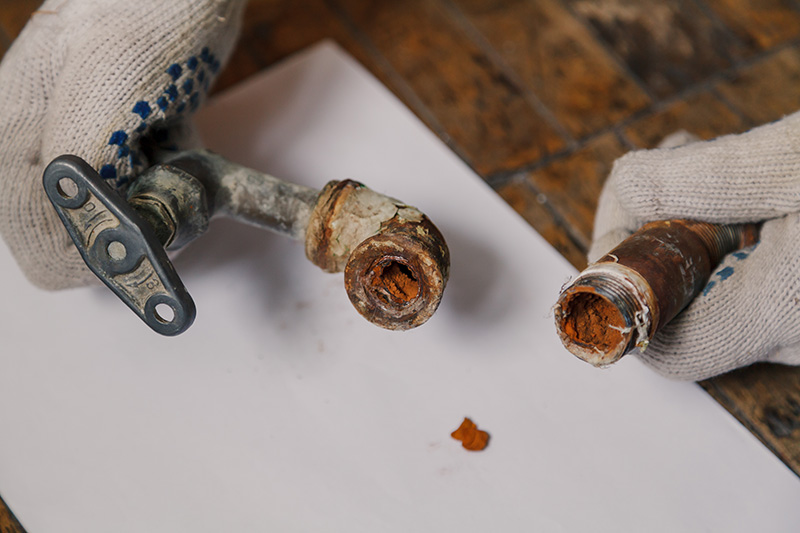 Rust develops when iron, oxygen, and moisture interact. In plumbing systems, this often means water reacting with the iron content in metal pipes, especially when protective coatings wear down or water chemistry is out of balance. Older galvanized steel pipes are particularly vulnerable, while newer systems using copper, PVC, or PEX are more resistant. However, rust can still form around fittings, joints, water heaters, and fixtures, so even modern systems need care and monitoring.
Rust develops when iron, oxygen, and moisture interact. In plumbing systems, this often means water reacting with the iron content in metal pipes, especially when protective coatings wear down or water chemistry is out of balance. Older galvanized steel pipes are particularly vulnerable, while newer systems using copper, PVC, or PEX are more resistant. However, rust can still form around fittings, joints, water heaters, and fixtures, so even modern systems need care and monitoring. Water heaters are one of the most common places for rust to form, especially if they’re older or not maintained properly. Most tank-style water heaters contain a sacrificial anode rod—usually made of magnesium or aluminum—which corrodes over time to protect the steel tank. Once this rod is completely corroded, the tank itself begins to rust.
Water heaters are one of the most common places for rust to form, especially if they’re older or not maintained properly. Most tank-style water heaters contain a sacrificial anode rod—usually made of magnesium or aluminum—which corrodes over time to protect the steel tank. Once this rod is completely corroded, the tank itself begins to rust.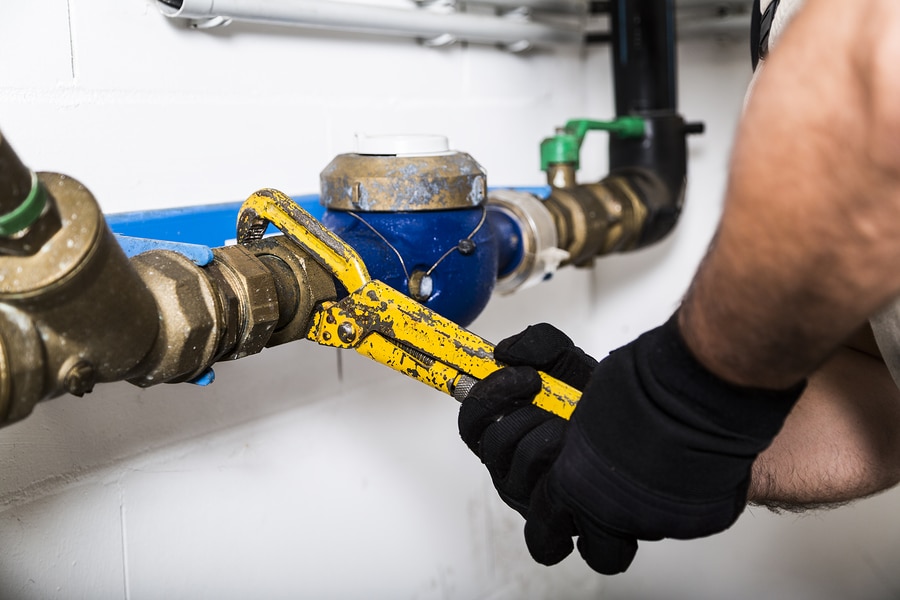 In certain high-humidity environments, an extra layer of protection can make all the difference. Rust inhibitors and protective coatings can be applied to exposed metal plumbing parts to create a barrier against moisture and oxygen. These sprays or brush-on coatings are often used in basements, garages, and outdoor installations to enhance durability.
In certain high-humidity environments, an extra layer of protection can make all the difference. Rust inhibitors and protective coatings can be applied to exposed metal plumbing parts to create a barrier against moisture and oxygen. These sprays or brush-on coatings are often used in basements, garages, and outdoor installations to enhance durability.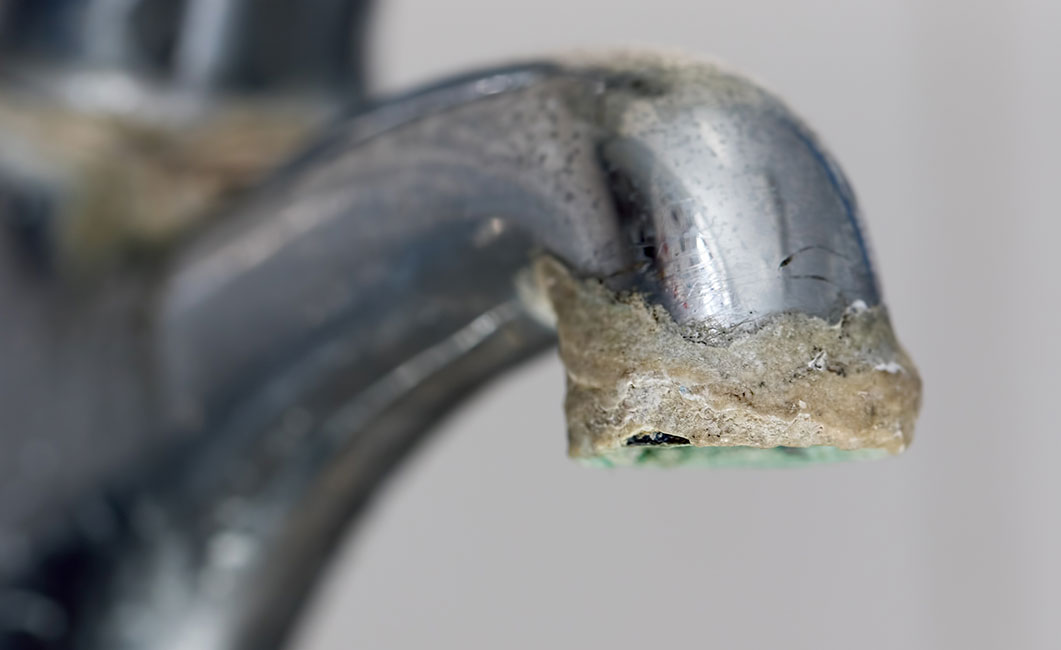 Plumbing scale is most commonly a result of hard water. As water flows through your pipes, it carries dissolved minerals with it. When the water is heated or sits stagnant, these minerals begin to solidify and cling to the inner walls of your plumbing system. Over time, this creates a crusty layer of scale that continues to build up with each water cycle.
Plumbing scale is most commonly a result of hard water. As water flows through your pipes, it carries dissolved minerals with it. When the water is heated or sits stagnant, these minerals begin to solidify and cling to the inner walls of your plumbing system. Over time, this creates a crusty layer of scale that continues to build up with each water cycle.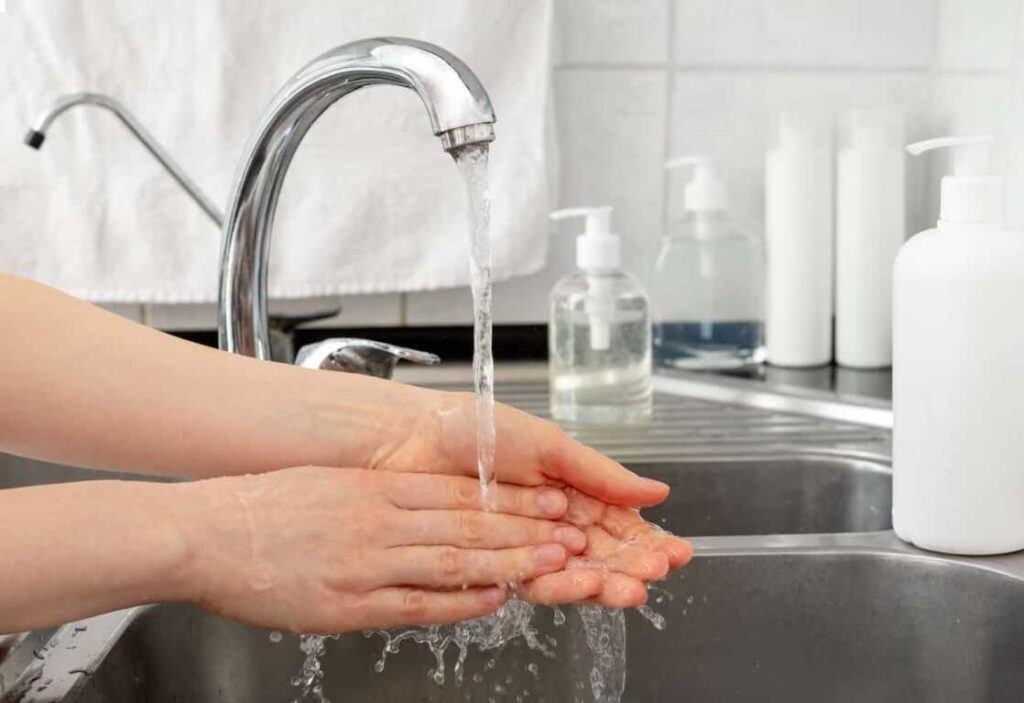 For homes already experiencing buildup, chemical descalers can provide a short-term solution. These specially formulated cleaners dissolve scale from the inside of pipes and fixtures. They are particularly useful for water heaters, faucets, and showerheads, where scale tends to accumulate most.
For homes already experiencing buildup, chemical descalers can provide a short-term solution. These specially formulated cleaners dissolve scale from the inside of pipes and fixtures. They are particularly useful for water heaters, faucets, and showerheads, where scale tends to accumulate most.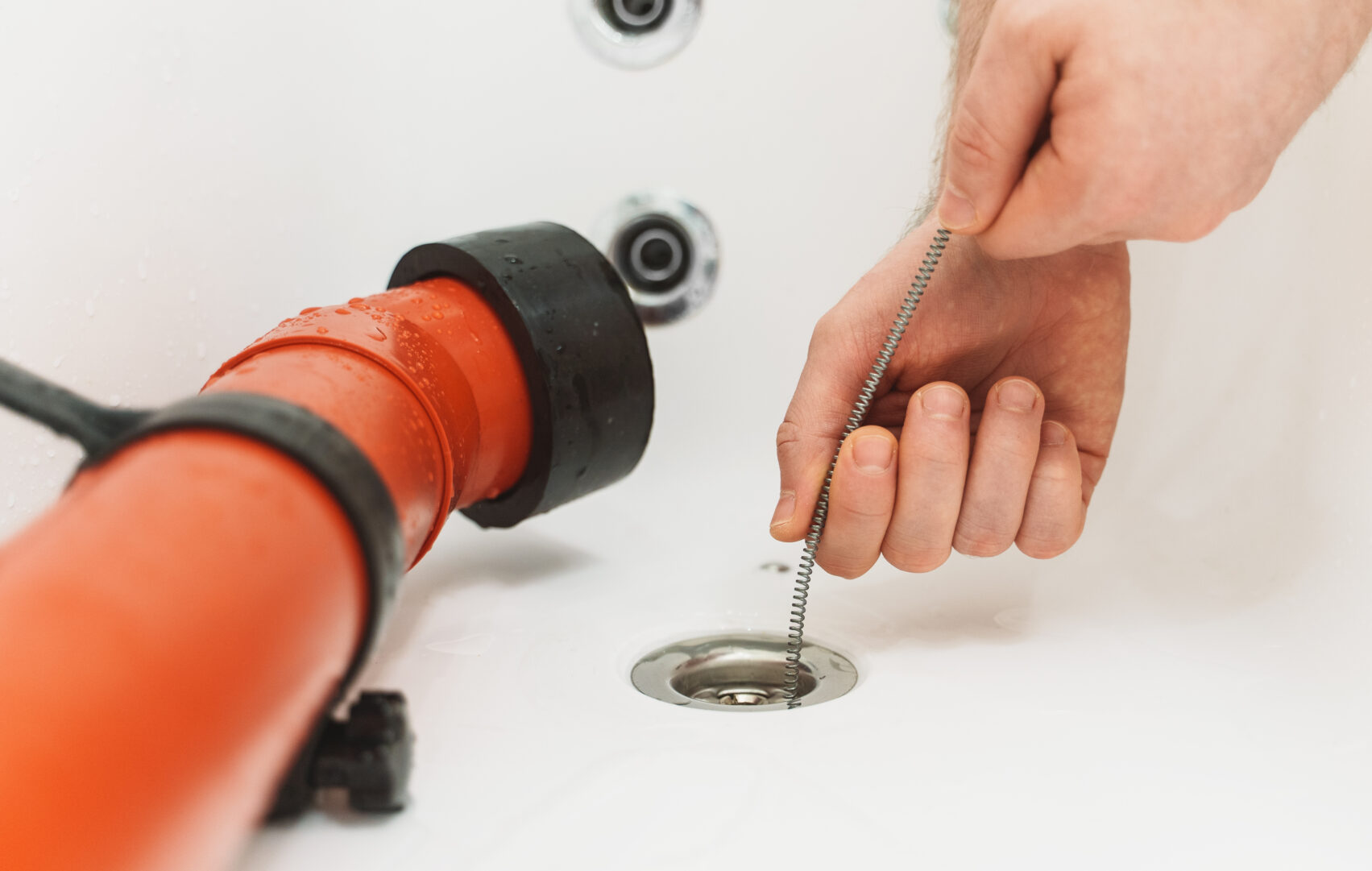 The first step in solving smelly drain problems is to understand what’s causing them. In most cases, odors are the result of organic material, such as food particles, grease, hair, or soap scum, becoming trapped in the drainpipes. Over time, bacteria feed on this debris, releasing foul gases. In some situations, the issue might be more complex, like a dried-out P-trap, venting problems, or even sewer line backups. Recognizing the source of the smell is essential to applying the right solution.
The first step in solving smelly drain problems is to understand what’s causing them. In most cases, odors are the result of organic material, such as food particles, grease, hair, or soap scum, becoming trapped in the drainpipes. Over time, bacteria feed on this debris, releasing foul gases. In some situations, the issue might be more complex, like a dried-out P-trap, venting problems, or even sewer line backups. Recognizing the source of the smell is essential to applying the right solution.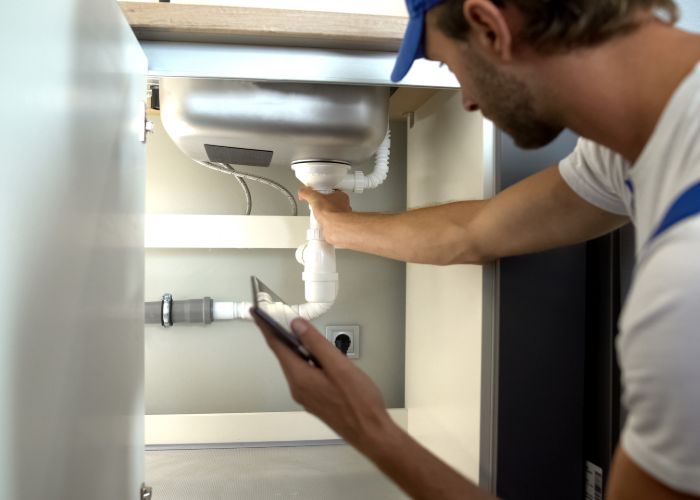 Every plumbing system is equipped with vents that allow sewer gases to escape safely through the roof rather than re-entering the living space. If these vents become blocked by debris, bird nests, or snow, or if they are improperly installed, the gases can build pressure and force their way back into the home through the drains.
Every plumbing system is equipped with vents that allow sewer gases to escape safely through the roof rather than re-entering the living space. If these vents become blocked by debris, bird nests, or snow, or if they are improperly installed, the gases can build pressure and force their way back into the home through the drains. Some smelly drain problems require expert intervention. If odors persist after cleaning, or if they are accompanied by slow drainage, gurgling sounds, or water backups, it may indicate a more serious issue within the plumbing system. A licensed plumber has the tools and expertise to diagnose the problem and perform thorough cleaning, repair damaged pipes, or clear blockages deep within the system.
Some smelly drain problems require expert intervention. If odors persist after cleaning, or if they are accompanied by slow drainage, gurgling sounds, or water backups, it may indicate a more serious issue within the plumbing system. A licensed plumber has the tools and expertise to diagnose the problem and perform thorough cleaning, repair damaged pipes, or clear blockages deep within the system.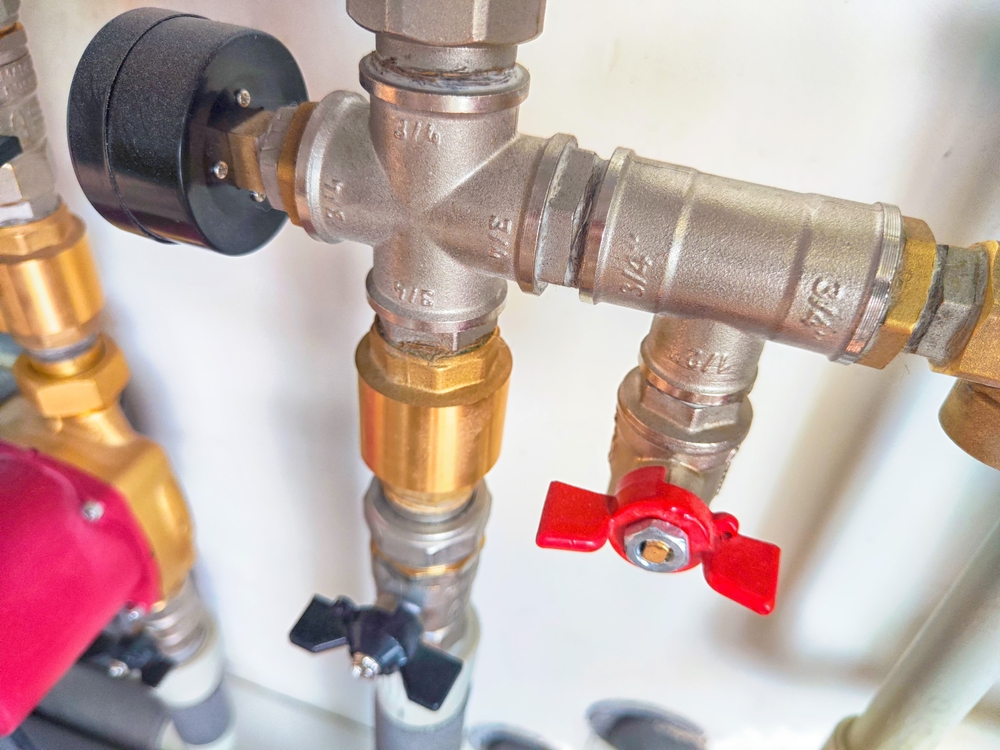 Before diving into repairs or replacements, it’s important to confirm whether the issue is actually low water pressure or something else mimicking it. Weak water flow in one area might be due to a clogged fixture, while low pressure throughout the house could indicate a broader system issue. Consistent reduction in pressure across all faucets often points to systemic concerns such as pipe corrosion, a malfunctioning pressure regulator, or even municipal supply problems.
Before diving into repairs or replacements, it’s important to confirm whether the issue is actually low water pressure or something else mimicking it. Weak water flow in one area might be due to a clogged fixture, while low pressure throughout the house could indicate a broader system issue. Consistent reduction in pressure across all faucets often points to systemic concerns such as pipe corrosion, a malfunctioning pressure regulator, or even municipal supply problems.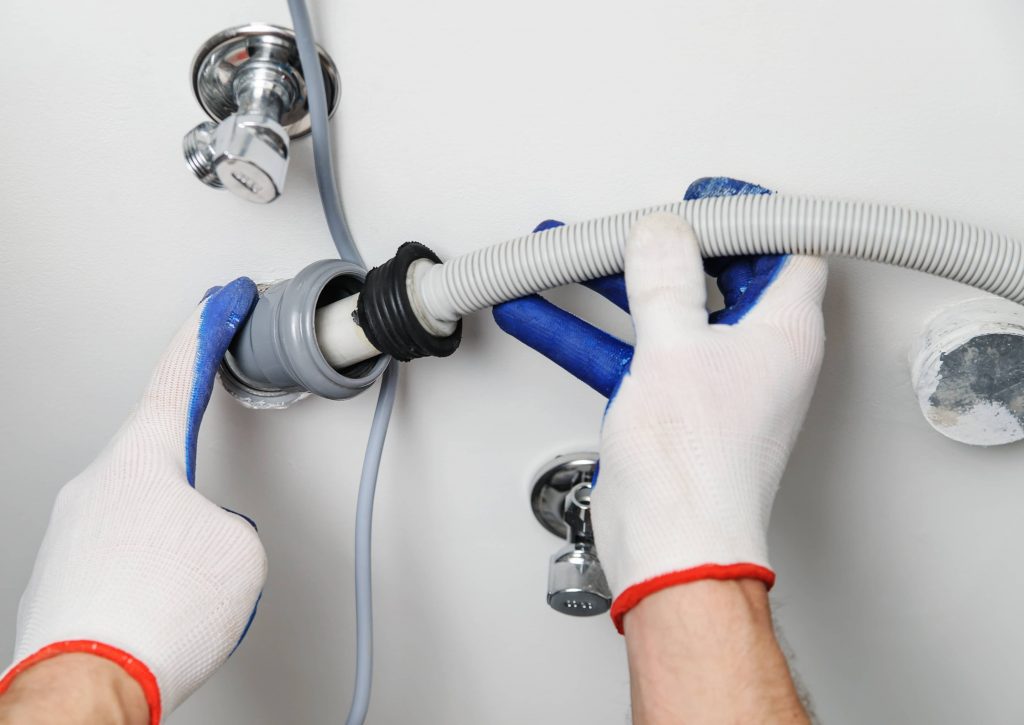 Homes with galvanized steel pipes are more likely to experience long-term corrosion, which leads to pressure loss. As pipes age, internal rust narrows the flow path, resulting in a slow, uneven water supply. Upgrading to modern materials like copper, PEX, or CPVC can significantly improve pressure and water quality.
Homes with galvanized steel pipes are more likely to experience long-term corrosion, which leads to pressure loss. As pipes age, internal rust narrows the flow path, resulting in a slow, uneven water supply. Upgrading to modern materials like copper, PEX, or CPVC can significantly improve pressure and water quality.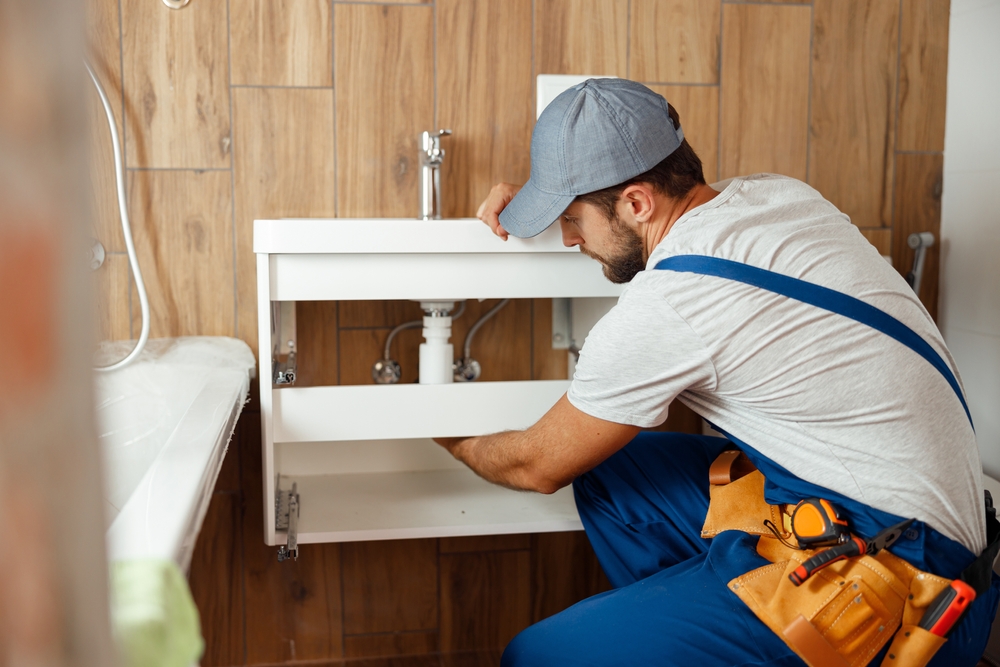 Before embarking on any plumbing upgrade, it’s essential to understand what makes a plumbing system outdated. Discolored water, low water pressure, persistent leaks, and strange noises in the pipes are common signs that demand attention. In many cases, homes built before the 1970s may still have galvanized steel pipes, which are particularly susceptible to internal corrosion and buildup. Recognizing these symptoms is the first step toward a successful modernization project.
Before embarking on any plumbing upgrade, it’s essential to understand what makes a plumbing system outdated. Discolored water, low water pressure, persistent leaks, and strange noises in the pipes are common signs that demand attention. In many cases, homes built before the 1970s may still have galvanized steel pipes, which are particularly susceptible to internal corrosion and buildup. Recognizing these symptoms is the first step toward a successful modernization project.
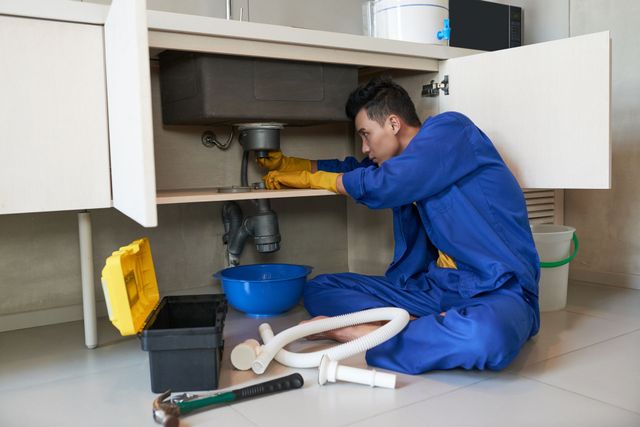 For homeowners in older or historic homes, maintaining architectural integrity is often a priority. Fortunately, it’s possible to modernize plumbing without compromising historical features. Exposed copper piping, vintage-style fixtures, and traditional finishes can be paired with modern materials and technologies behind the scenes. With careful planning, homeowners can retain the charm of an older home while enjoying the reliability of a modern plumbing system.
For homeowners in older or historic homes, maintaining architectural integrity is often a priority. Fortunately, it’s possible to modernize plumbing without compromising historical features. Exposed copper piping, vintage-style fixtures, and traditional finishes can be paired with modern materials and technologies behind the scenes. With careful planning, homeowners can retain the charm of an older home while enjoying the reliability of a modern plumbing system.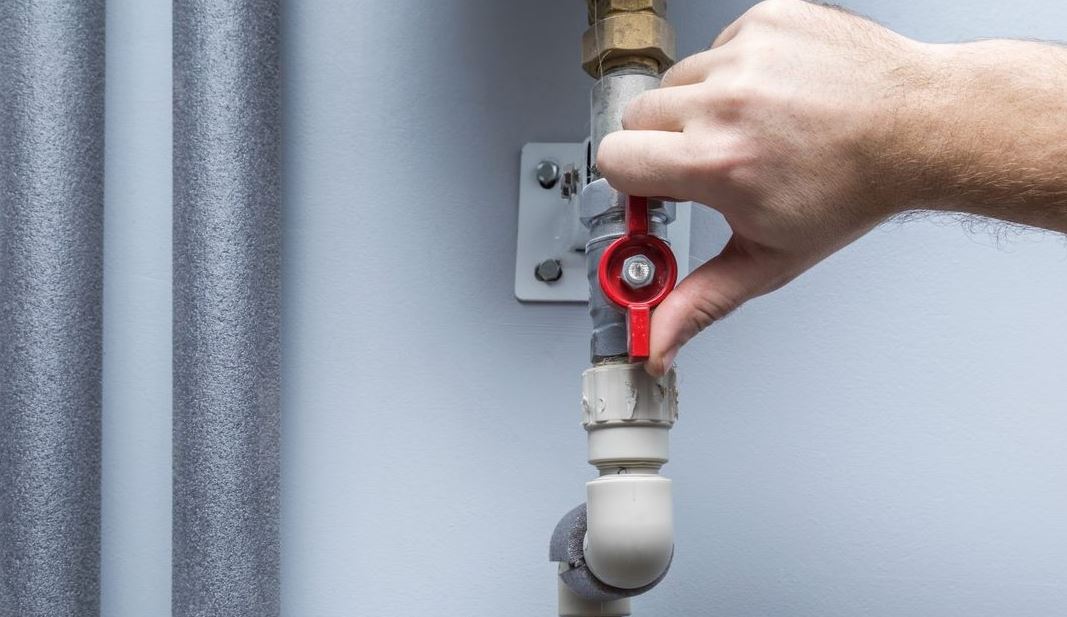 Most valve failures don’t happen overnight. They typically show signs of wear and malfunction before completely breaking down. Homeowners and property managers should remain alert to early warnings such as inconsistent water pressure, strange noises from the pipes, difficulty turning the valve handle, or visible leaks. Water discoloration or a sudden increase in utility bills may also indicate internal valve corrosion or leakage. Ignoring these signs often allows minor issues to escalate into more serious problems, such as water contamination or structural damage due to leaks.
Most valve failures don’t happen overnight. They typically show signs of wear and malfunction before completely breaking down. Homeowners and property managers should remain alert to early warnings such as inconsistent water pressure, strange noises from the pipes, difficulty turning the valve handle, or visible leaks. Water discoloration or a sudden increase in utility bills may also indicate internal valve corrosion or leakage. Ignoring these signs often allows minor issues to escalate into more serious problems, such as water contamination or structural damage due to leaks.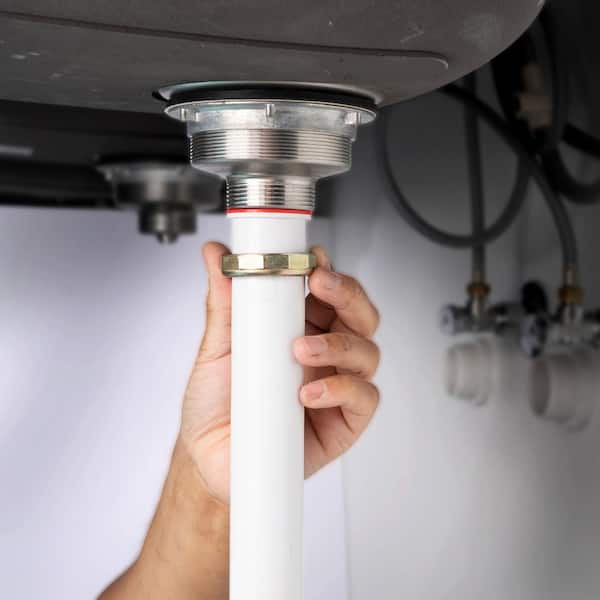 Seals and gaskets play a crucial role in ensuring valves maintain a watertight function. Over time, these rubber or synthetic components wear out due to exposure to heat, chemicals, and pressure fluctuations. As they degrade, leaks become more common, and the valve’s performance declines. Gasket failure is a common culprit behind slow drips near the valve stem or body, which can be mistakenly attributed to pipe leaks if not examined closely.
Seals and gaskets play a crucial role in ensuring valves maintain a watertight function. Over time, these rubber or synthetic components wear out due to exposure to heat, chemicals, and pressure fluctuations. As they degrade, leaks become more common, and the valve’s performance declines. Gasket failure is a common culprit behind slow drips near the valve stem or body, which can be mistakenly attributed to pipe leaks if not examined closely.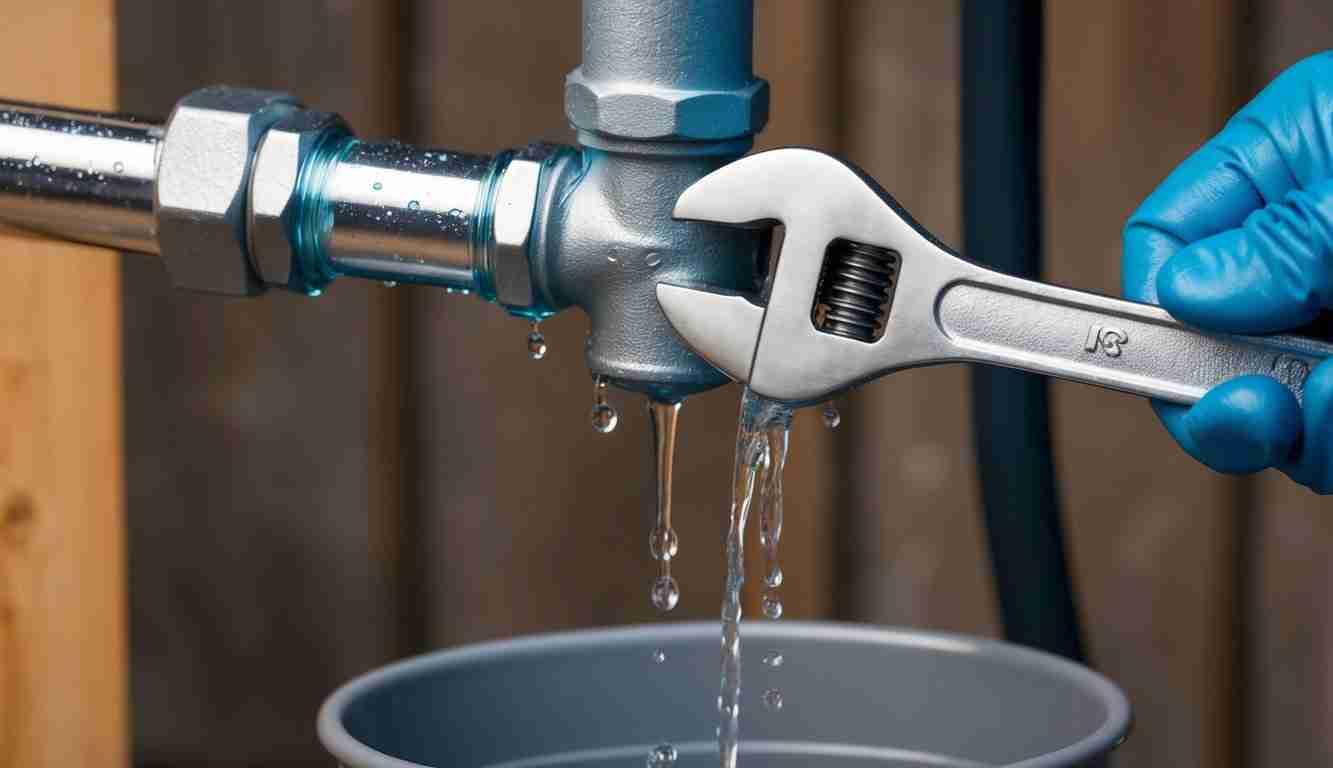 After diagnosing the problem, choosing whether to repair or replace the valve depends on several factors. If the valve is relatively new and the issue is limited to replaceable parts like seals or washers, repair may be cost-effective. However, older valves with widespread corrosion or structural issues are better replaced entirely. It’s also important to consider accessibility—if a valve is in a difficult-to-reach area, replacement may save time and labor in the long run.
After diagnosing the problem, choosing whether to repair or replace the valve depends on several factors. If the valve is relatively new and the issue is limited to replaceable parts like seals or washers, repair may be cost-effective. However, older valves with widespread corrosion or structural issues are better replaced entirely. It’s also important to consider accessibility—if a valve is in a difficult-to-reach area, replacement may save time and labor in the long run.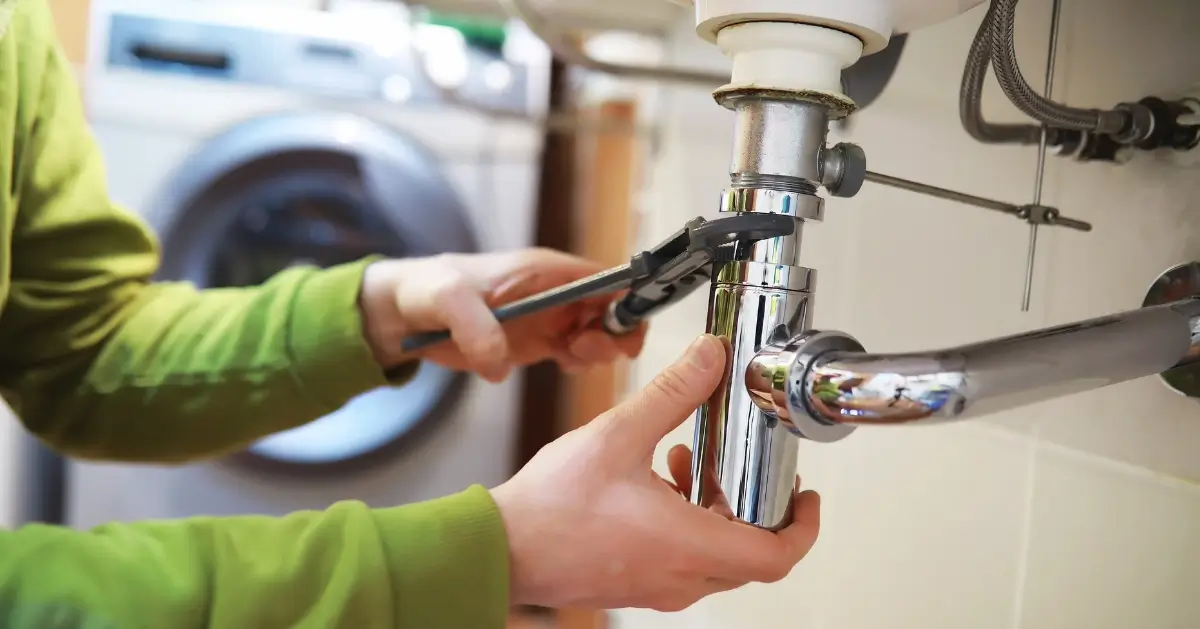
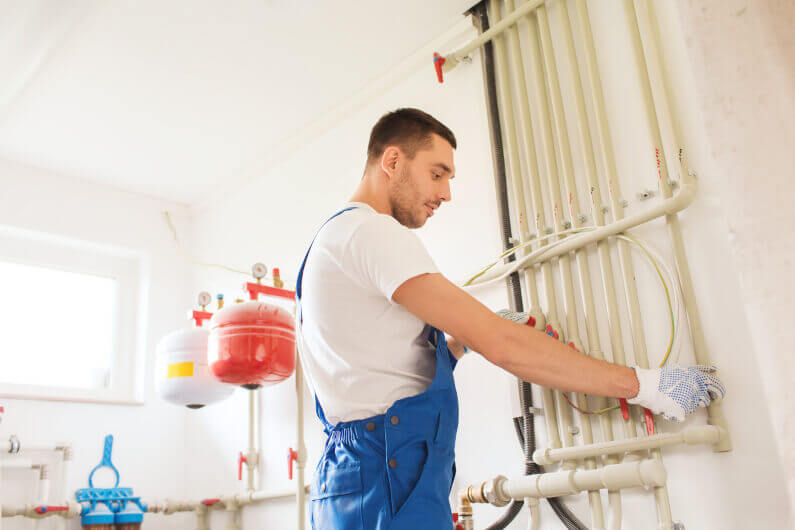 Allowing someone into your home for repairs requires a great deal of trust. Local plumbers are often known in the community and may even come recommended by friends or neighbors. Their local ties make it easier to verify credentials and check reviews from people you actually know. This familiarity offers an added layer of security and comfort, especially when compared to large companies that may send different, unfamiliar technicians each time.
Allowing someone into your home for repairs requires a great deal of trust. Local plumbers are often known in the community and may even come recommended by friends or neighbors. Their local ties make it easier to verify credentials and check reviews from people you actually know. This familiarity offers an added layer of security and comfort, especially when compared to large companies that may send different, unfamiliar technicians each time.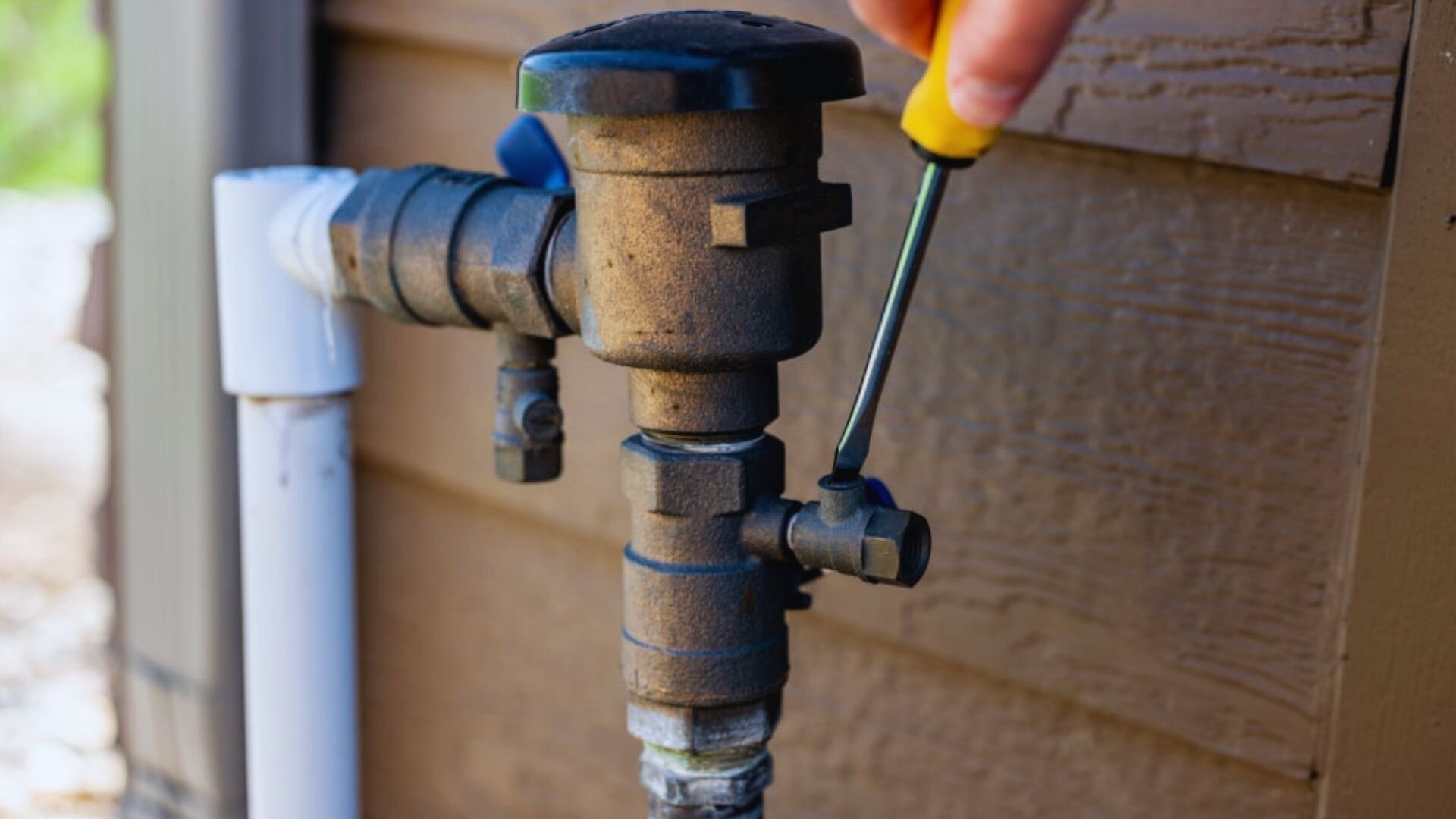 One of the most immediate and visible consequences of poor plumbing is excessive water waste. Dripping taps, leaking pipes, and malfunctioning toilets may appear minor on their own, but over time, these small inefficiencies accumulate into thousands of gallons of wasted water. In areas experiencing drought or limited freshwater supplies, this misuse can be particularly damaging.
One of the most immediate and visible consequences of poor plumbing is excessive water waste. Dripping taps, leaking pipes, and malfunctioning toilets may appear minor on their own, but over time, these small inefficiencies accumulate into thousands of gallons of wasted water. In areas experiencing drought or limited freshwater supplies, this misuse can be particularly damaging. Reducing the environmental impact of plumbing systems requires a combination of individual responsibility and broader regulatory frameworks. Building codes, environmental regulations, and water conservation guidelines can guide best practices, but compliance depends heavily on awareness and enforcement.
Reducing the environmental impact of plumbing systems requires a combination of individual responsibility and broader regulatory frameworks. Building codes, environmental regulations, and water conservation guidelines can guide best practices, but compliance depends heavily on awareness and enforcement.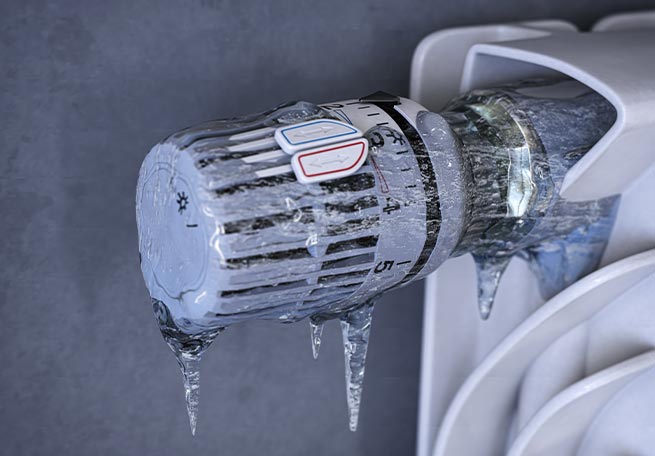 When water inside your pipes freezes, it expands. This expansion creates significant pressure inside the pipe, which can lead to cracks or even full bursts. The damage may not be visible right away, but once the ice melts, it can unleash gallons of water into your walls, ceilings, or basement. The cost of repairs, not to mention the disruption to your daily routine, is enough to make any homeowner cringe. By winterizing, you’re taking proactive steps to prevent these risks before they arise.
When water inside your pipes freezes, it expands. This expansion creates significant pressure inside the pipe, which can lead to cracks or even full bursts. The damage may not be visible right away, but once the ice melts, it can unleash gallons of water into your walls, ceilings, or basement. The cost of repairs, not to mention the disruption to your daily routine, is enough to make any homeowner cringe. By winterizing, you’re taking proactive steps to prevent these risks before they arise.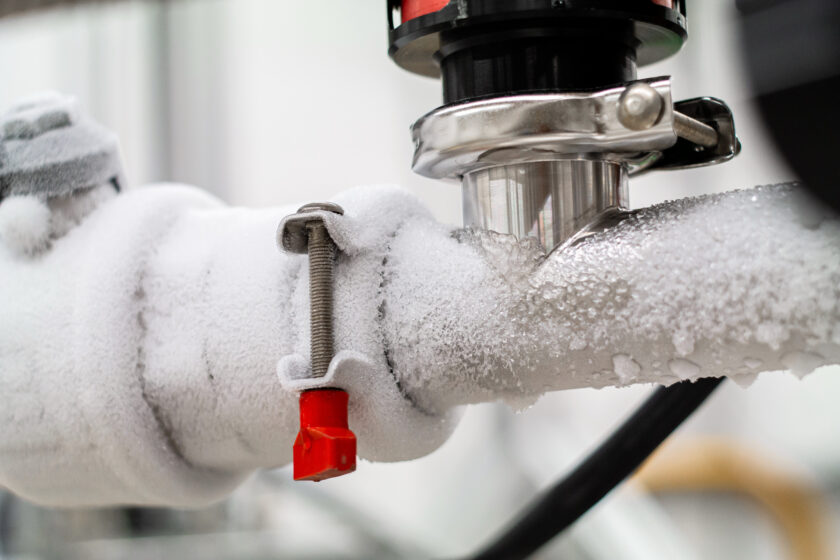 Even with precautions in place, it’s helpful to know what signs to watch for. If you turn on a faucet and only a trickle comes out—or no water at all—this may indicate a frozen pipe. A bulging or frosty appearance on a visible section of pipe is another red flag. In these cases, time is of the essence. Shut off the water supply immediately and begin warming the pipe gradually using a hairdryer, space heater, or warm towels.
Even with precautions in place, it’s helpful to know what signs to watch for. If you turn on a faucet and only a trickle comes out—or no water at all—this may indicate a frozen pipe. A bulging or frosty appearance on a visible section of pipe is another red flag. In these cases, time is of the essence. Shut off the water supply immediately and begin warming the pipe gradually using a hairdryer, space heater, or warm towels.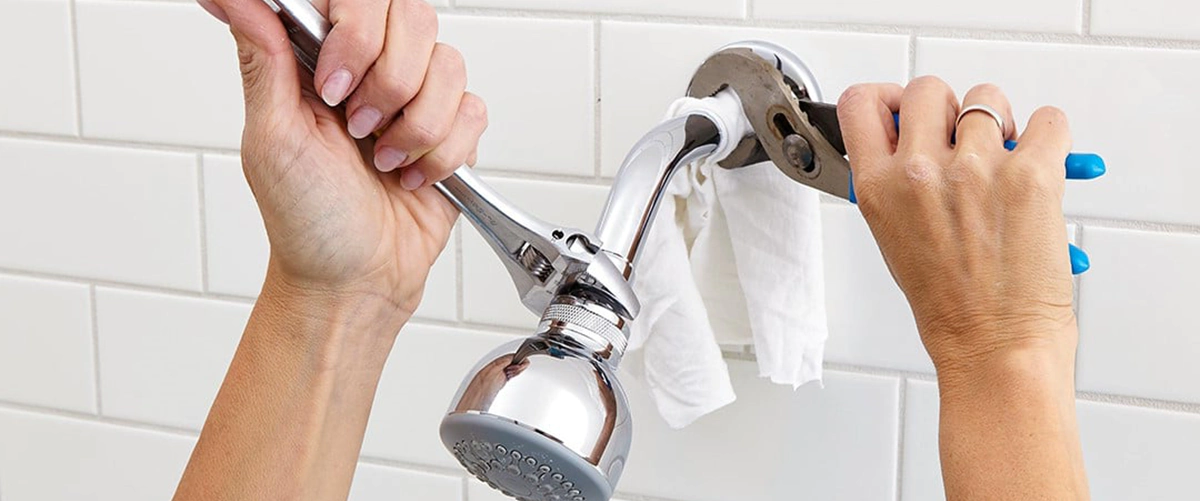
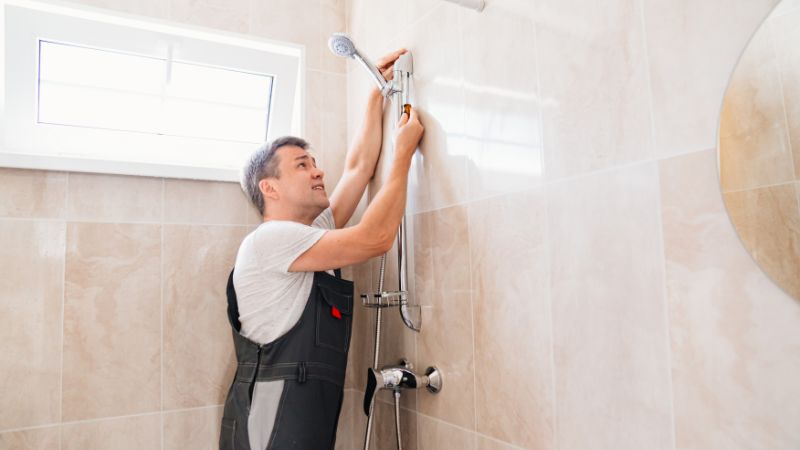 For those opting for a handheld model, the process includes an additional step of attaching a mounting bracket or diverter. These parts usually come with the unit and are installed between the shower arm and the hose.
For those opting for a handheld model, the process includes an additional step of attaching a mounting bracket or diverter. These parts usually come with the unit and are installed between the shower arm and the hose.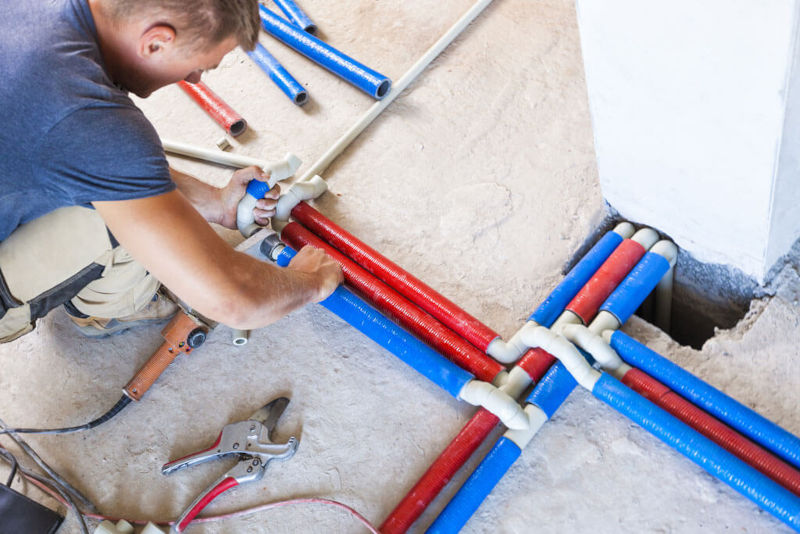 Copper’s natural strength plays a major role in its widespread use. Unlike plastic piping materials, copper doesn’t degrade under ultraviolet light, which makes it suitable for outdoor use or for areas exposed to sunlight. It can also handle extreme heat and cold more effectively, resisting damage in freezing temperatures where other materials might crack or burst. This thermal resilience is a major advantage, especially in climates where seasonal changes are intense and unpredictable.
Copper’s natural strength plays a major role in its widespread use. Unlike plastic piping materials, copper doesn’t degrade under ultraviolet light, which makes it suitable for outdoor use or for areas exposed to sunlight. It can also handle extreme heat and cold more effectively, resisting damage in freezing temperatures where other materials might crack or burst. This thermal resilience is a major advantage, especially in climates where seasonal changes are intense and unpredictable.
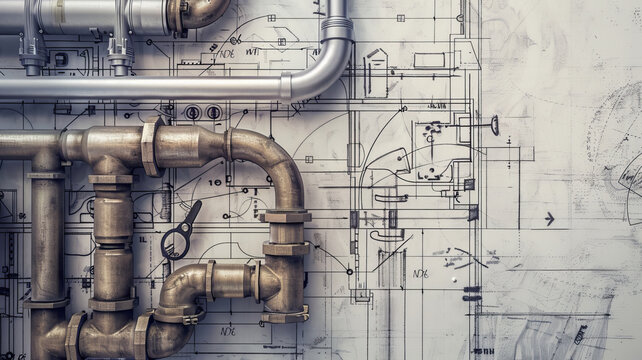 Older homes often have complex or inconsistent plumbing layouts. These systems were typically built according to the standards of their time, which may not align with current safety codes. It’s not uncommon to encounter galvanized steel, lead, or cast-iron piping. Each of these materials has its own lifespan and maintenance concerns. Before making any decisions, a comprehensive inspection is necessary to understand what’s hidden behind the walls and under the floors.
Older homes often have complex or inconsistent plumbing layouts. These systems were typically built according to the standards of their time, which may not align with current safety codes. It’s not uncommon to encounter galvanized steel, lead, or cast-iron piping. Each of these materials has its own lifespan and maintenance concerns. Before making any decisions, a comprehensive inspection is necessary to understand what’s hidden behind the walls and under the floors.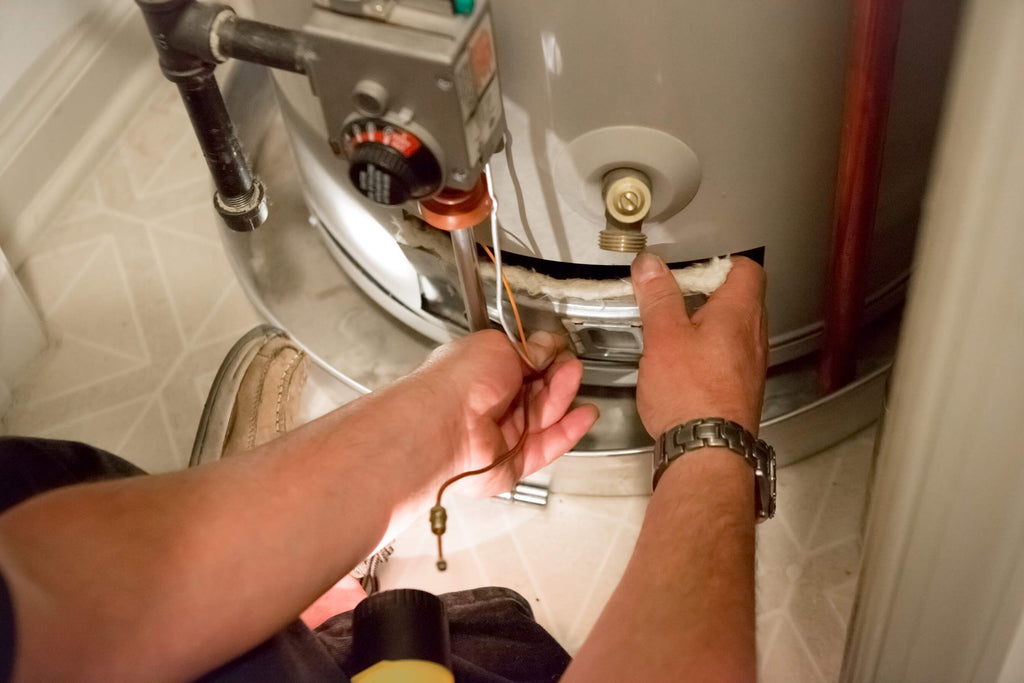 Hot water demands have changed dramatically since many older homes were constructed. Small, tank-based water heaters often cannot keep up with the needs of a modern family, especially if the home has been expanded or the plumbing system has grown more complex.
Hot water demands have changed dramatically since many older homes were constructed. Small, tank-based water heaters often cannot keep up with the needs of a modern family, especially if the home has been expanded or the plumbing system has grown more complex.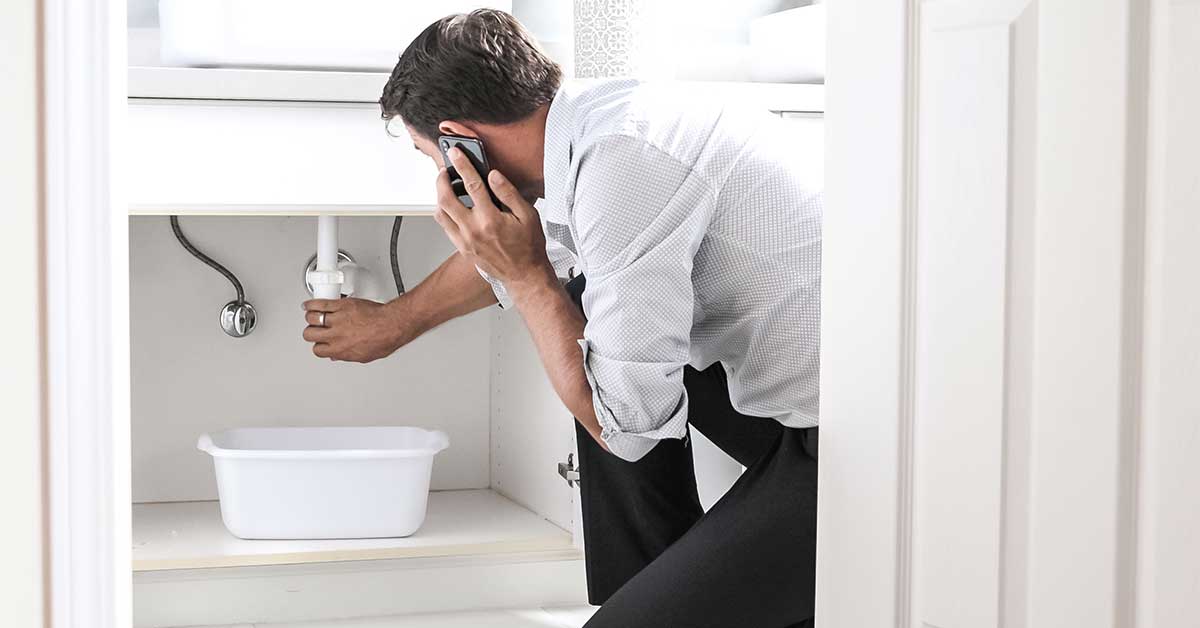
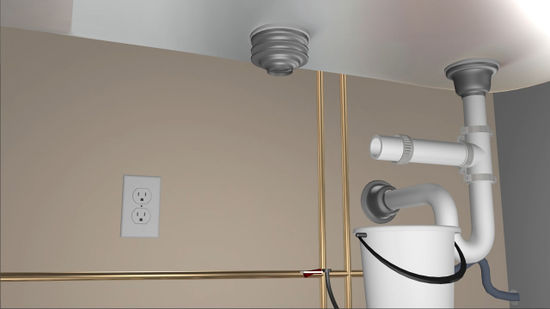 Before diving into the installation process, it helps to understand what a garbage disposal actually does. This appliance is mounted beneath the kitchen sink and is connected to the drain. It uses a motor-driven plate to spin impellers, which grind food waste into small particles. These particles are then flushed through the plumbing system with running water. Most disposals also include safety features such as overload protectors and manual reset buttons.
Before diving into the installation process, it helps to understand what a garbage disposal actually does. This appliance is mounted beneath the kitchen sink and is connected to the drain. It uses a motor-driven plate to spin impellers, which grind food waste into small particles. These particles are then flushed through the plumbing system with running water. Most disposals also include safety features such as overload protectors and manual reset buttons.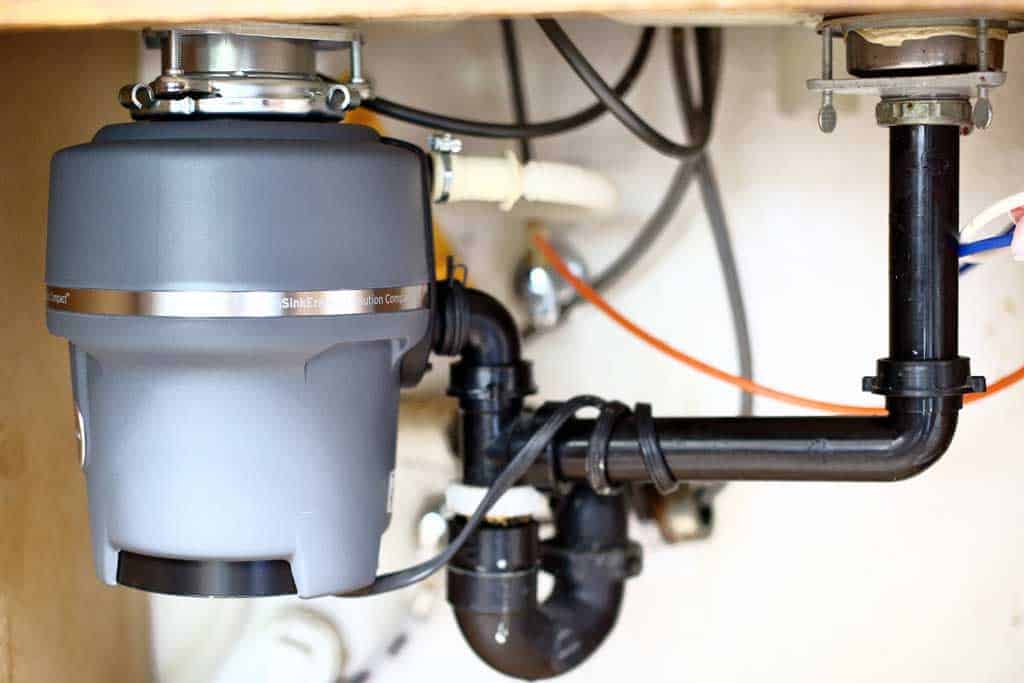 Most garbage disposals have a small knockout plug that needs to be removed if you plan to connect a dishwasher. This plug covers the opening where the dishwasher drain hose will be attached. Use a screwdriver and hammer to gently knock out the plug, then remove it from inside the unit.
Most garbage disposals have a small knockout plug that needs to be removed if you plan to connect a dishwasher. This plug covers the opening where the dishwasher drain hose will be attached. Use a screwdriver and hammer to gently knock out the plug, then remove it from inside the unit.